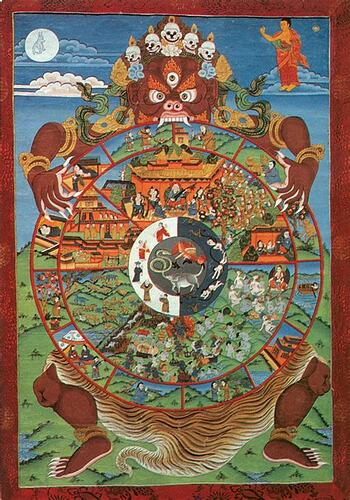To a complete amateur of international politics it also seems odd how prof. Mearsheimer places so much emphasis on what Putin has said or has not said. Like here:
Q: When you said that no one’s talking about this as imperialism, in Putin’s speeches he specifically refers to the “territory of the former Russian Empire,” which he laments losing. So it seems like he’s talking about it.
A: I think that’s wrong, because I think you’re quoting the first half of the sentence, as most people in the West do. He said, “Whoever does not miss the Soviet Union has no heart.” And then he said, “Whoever wants it back has no brain.”
Russian-based veteran journalist Vladimir Pozner does the same here (just a warning, the YT-channel hosting this clip is trash) when he says that the west doesn’t think that the red lines Putin has set are really red and how this is a man who “says what he means”. There is just one problem here: you can’t trust anything Putin says. Cases in point:
This was EIGHT days ago. pic.twitter.com/TwbOji0gc8
— Glenn Kates (@gkates) March 1, 2022
❗Embassy statement pic.twitter.com/cHlAJ1JaA4
— Russia in Canada (@RussianEmbassyC) March 2, 2022
We can go back all the way to the founding fathers of the United States of America in order to find the “real causes” for this crisis. However, one thing to remember is that Putin is a man who has build a huge empire of lies with his troll-factories, money-grabs, violent suppression of opposition, mobilization of all kinds of crazy extremists and brutal curbing of the free press. These kind of things don’t happen just because someone doesn’t respect your red lines and geopolitical boundaries. And his minions have tormented journalists and activists in Russia, Finland and everywhere else for years. It doesn’t seem rational to cherry-pick his statements to find support for your over-arching academic theory or try to defend him as some kind of a victim who no one takes seriously. If sensible people find it hard to take you and your statements seriously there just might be some reasons behind it.
Putin’s words are all filled with lies and deceit, that is how he rolls. Of course, there is something to analyze there, like warning signs and hints of his aims and personality, but to just take his words at face value when he says he is not going to do something? Doesn’t seem that wise to me.
And it definitely doesn’t make sense to just paint Putin as someone who “the West” has poked and who is just reacting to this poking. He is a very sinister man who has all along had all kinds of sinister plans. These lines by Russian sociologist Grigory Yudin made me shiver:
“Today we are on the brink of an immense war. Its potential participants possess nuclear weapons, which certain people are already threatening to use. Words like “Nazi” or “de-Nazification” are far from harmless — in current discourse, they have the potential for total dehumanization and set the stage of all kinds of “final solutions.” And we shouldn’t exclude the possibility that the response will be in a similar vein…”
At the same time I have to echo what I said earlier in this thread. I really hope that the leaders of Europe and US are still looking for ways to end this war without it turning into WW3. Even if it has to happen through a bitter and lukewarm deal that frustrates everyone. Just like to end with this quote from the aforementioned interview with Yudin:
How much should we expect each person to find their foothold? And what has to happen to make Elvira Nabiullina [the head of Russia’s Central Bank] or, say, Sergei Shoigu [defence minister of Russia] behave differently?
"That’s between them and their God. You know, right now we’re in a moment that, for all its uniqueness, nonetheless recalls the events of the 20th century. Hannah Arendt, I think, very rightly said on this point that there are times when you have to accept your powerlessness to change the world as a whole and figure out what you’re personally responsible for — in such a way that afterwards you’re able to live with yourself, that you can stand to look at yourself in the mirror.
That’s the most important question each person has to answer for themselves, with the understanding that the situation could, and likely will, develop according to a worst-case scenario."

